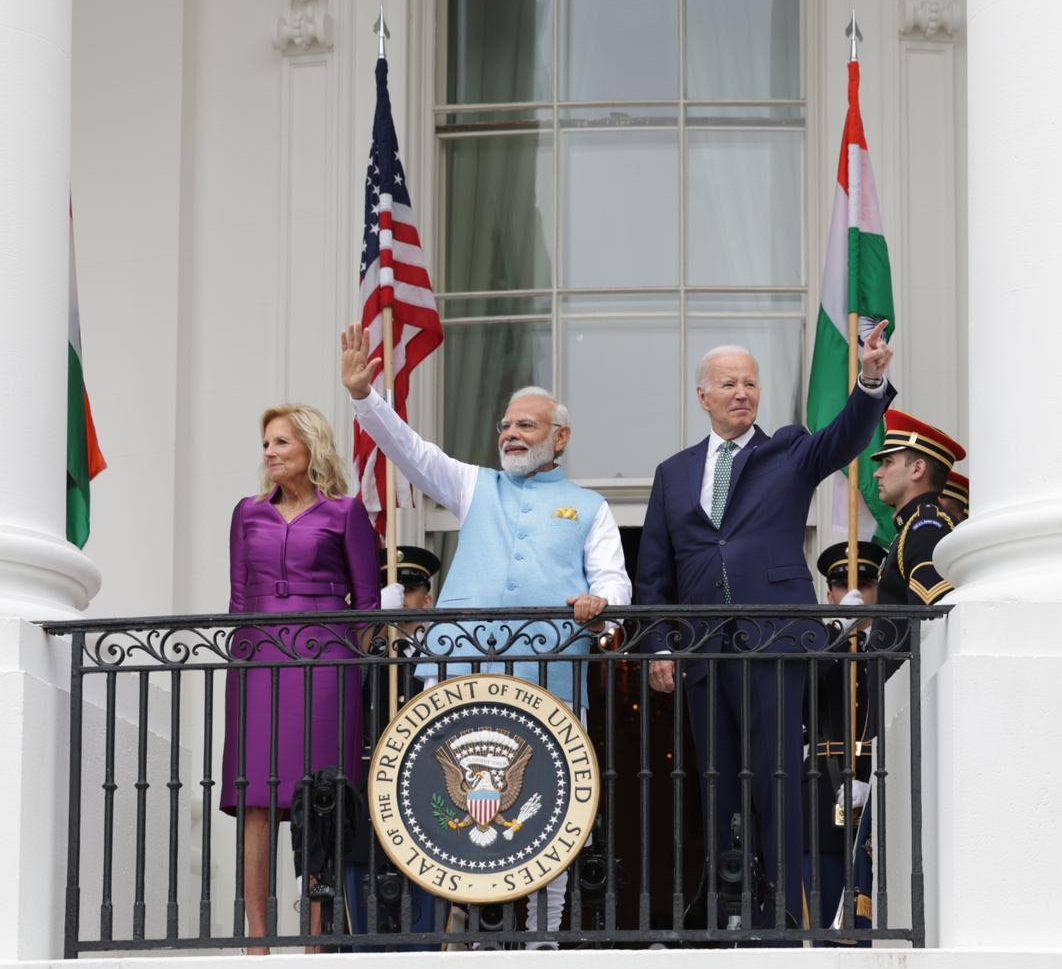
PM Modi’s State Visit Reflects Deep-Rooted India-US Ties
 Fri, 23 Jun 2023
| Reading Time: 3 minutes
Fri, 23 Jun 2023
| Reading Time: 3 minutes

The State Visit of Prime Minister Narendra Modi to the United States reflects the deep roots of the ties between the two largest democracies, India and the US. It was more than a century ago that immigrants from India began to settle in the US, and today there are nearly six million Indian Americans. They are a powerful bridge that helps to ensure that the overall relationship moves in a healthy direction. Prime Minister Modi understands this, and therefore ensures that he gives enough time in his schedule to meet with members of the Indian diaspora in the US. Very often, he is joined in such meetings by senior officials on the US side, who are happy to get an opportunity to reach out to the Indian-American community. Recently in Australia, Prime Minister Anthony Albanese was with Prime Minister Modi at a meeting of the Indian diaspora in Sydney, and the two have established a warm friendship. In the same way, Modi has had friendly relations with all three US Presidents he has worked with, namely Barack Obama, Donald Trump and now President Biden. Where India is concerned, there is no difference between the Democratic Party and the Republican Party, as both favour close ties between the US and India.
In a democracy, it is common to see different voices being raised on the same subject. In the case of India, there are some in the US who do not favour close ties between their country and India, and who are unhappy that Modi has been given the honour of a State Visit and the opportunity of twice addressing a Joint Session of both Houses of Congress. Very few leaders have been given that honour. In a democracy, citizens have the freedom to express views in a peaceful manner even though their opinions are different from those held by the White House. Of course, there are many more people who welcome Prime Minister Modi’s visit, and they also will express their happiness in public at the State Visit in a peaceful manner. Such differing actions are common in a democracy, and in the relationship between democracies. There remain pending issues between the two sides that remain to be settled, but the importance of good relations between Delhi and Washington is important to both sides, and hence such differences will not affect the warmth of the relationship. A welcome development is that there is finally a US Ambassador to India after a gap of two years when the US embassy in Delhi was without a full-fledged Ambassador. President Biden has sent a close personal friend, Eric Garcetti, as the envoy to India, and as the Ambassador has direct contact with the White House, he can play a key role in ensuring that the relationship between India and the US reaches a high level during the Biden administration.
In a multilateral world any two countries will have some differences of opinion. This is the case on some issues between Delhi and Washington as well. An example is Russia, which is regarded as an adversary by the Biden administration in a way that was the norm during the USSR-US Cold War (1945-91). In contrast, India had friendly ties with the Soviet Union in the past and continues to have friendly ties with the Russian Federation after the collapse of the USSR. This is the reason why India has not condemned Russia nor stopped buying goods from Russia, such as oil. Nor has India joined the western countries in imposing sanctions on Russia. Although such a stand caused some tension during the early months of 2022, soon the western countries understood the Indian position of continuing to have a friendly relationship between Moscow and Delhi, and have avoided any sanctions on India, knowing that such a move would have an adverse effect on public opinion in India towards the west, which is an essential partner of India. As President of the G-20 during 2023, Prime Minister Modi is seeking to ensure that the developed countries give more assistance to the Global South, of which India is a part. A more equitable world order is a central theme of Indian diplomacy, which is focussed on ensuring that global institutions serve as neutral platforms rather than promote the interests of any one group of countries at the expense of others. India has always opposed a unipolar world order and supports a multilateral world order that ensures equality and justice to all countries big and small, rich or poor.
The June 21-23 State Visit of Prime Minister Modi to the US to meet President Biden is certain to deepen the already strong ties between Washington and Delhi. The Prime Minister will also have the opportunity of meeting US legislators in his address to the Joint Session of the US Congress, and this is welcome. In the US as in India, the Legislative Branch of government is co-equal with the Executive Branch. It is important to look at the big picture that shows the importance of close India-US ties in the 21st century rather than only concentrate on small issues on which the two sides may have differences of opinion.
Disclaimer
The opinions expressed in this article are the author’s own and do not reflect the views of Chanakya Forum. All information provided in this article including timeliness, completeness, accuracy, suitability or validity of information referenced therein, is the sole responsibility of the author. www.chanakyaforum.com does not assume any responsibility for the same.
Chanakya Forum is now on . Click here to join our channel (@ChanakyaForum) and stay updated with the latest headlines and articles.
Important
We work round the clock to bring you the finest articles and updates from around the world. There is a team that works tirelessly to ensure that you have a seamless reading experience. But all this costs money. Please support us so that we keep doing what we do best. Happy Reading
Support Us



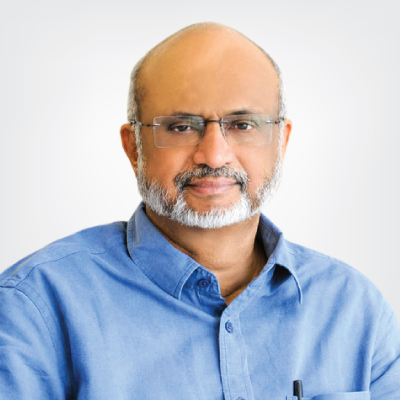

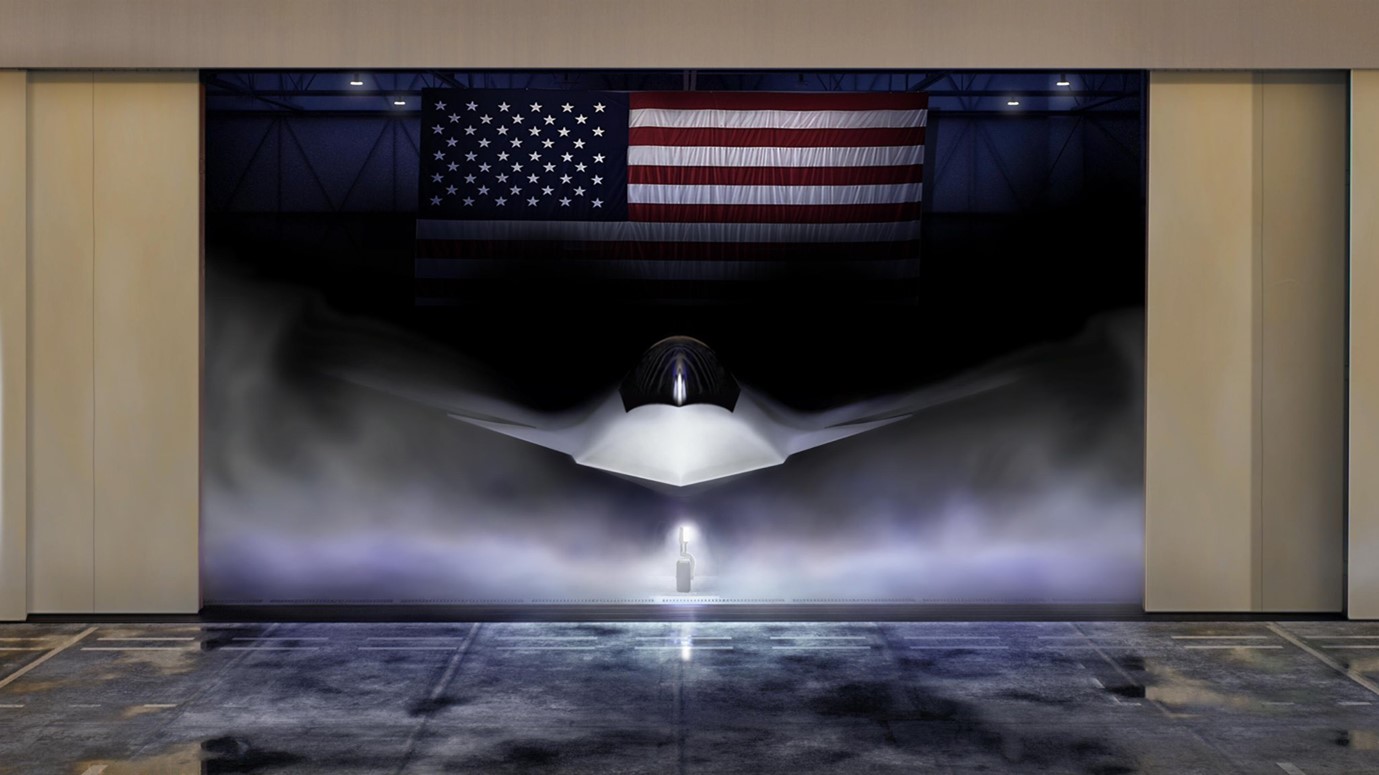
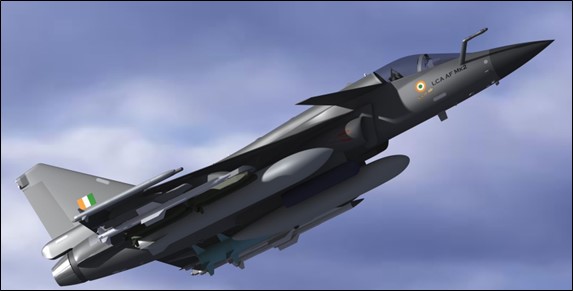
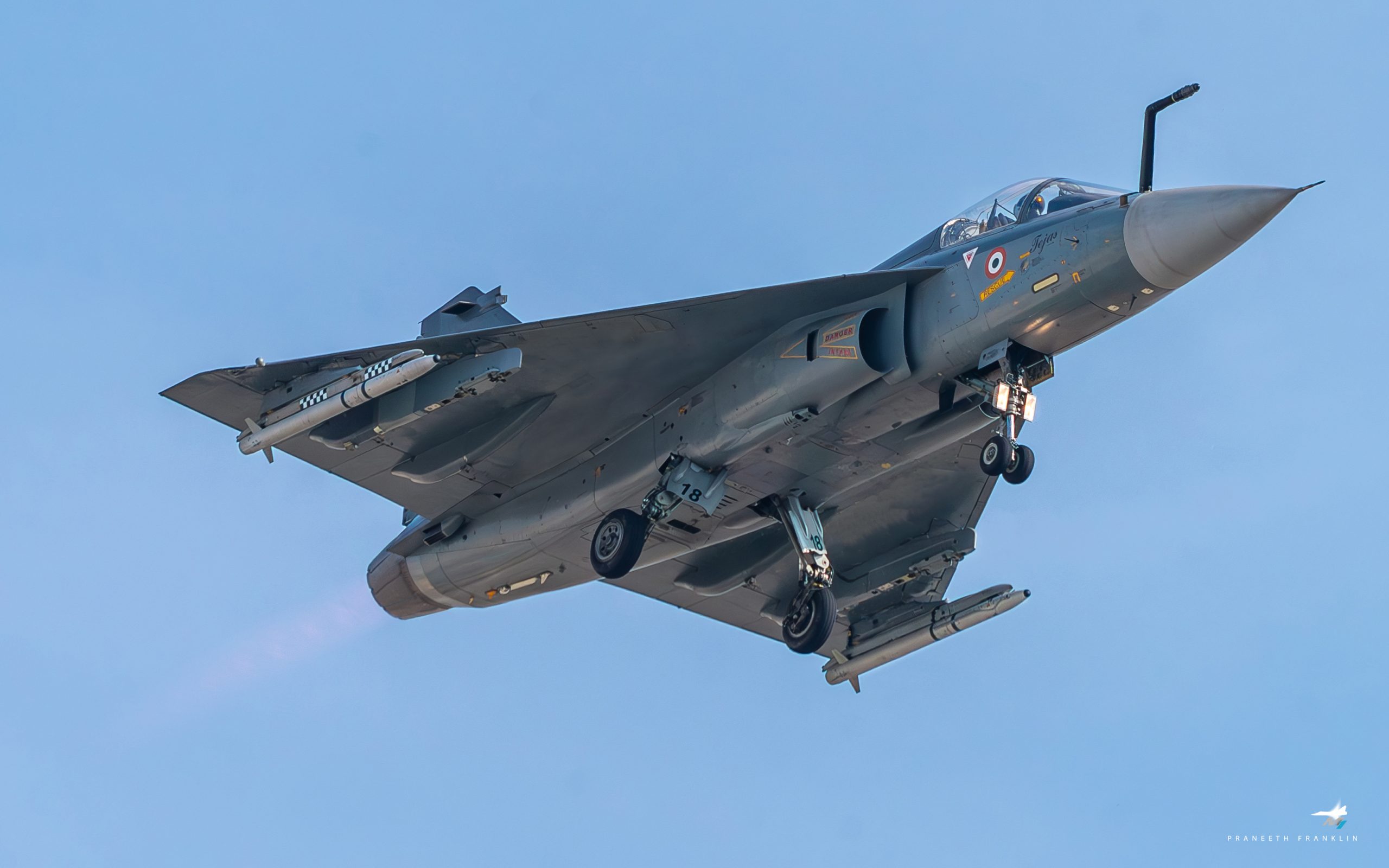
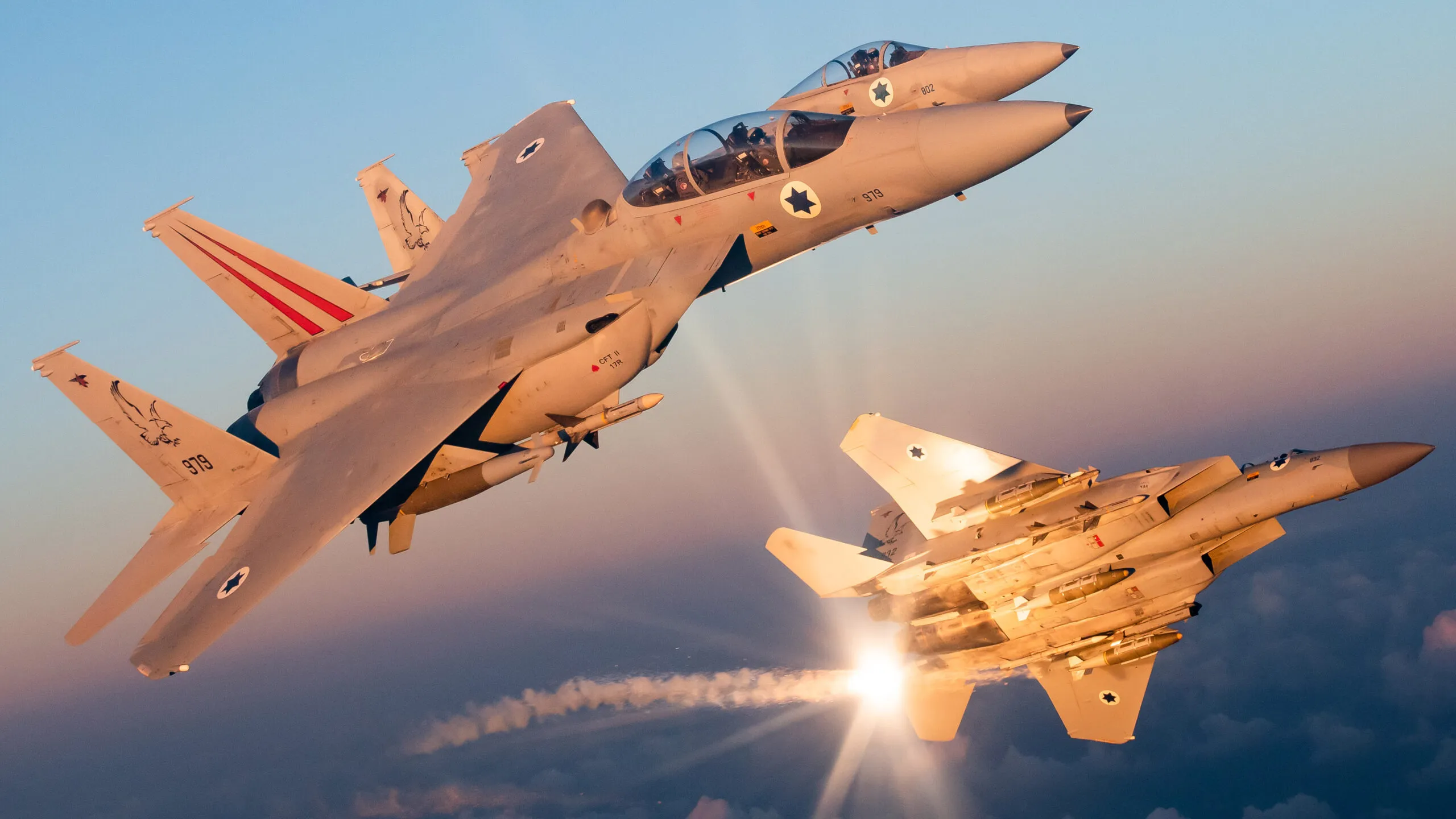



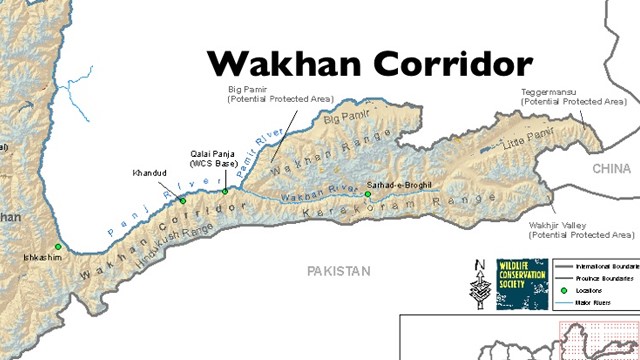
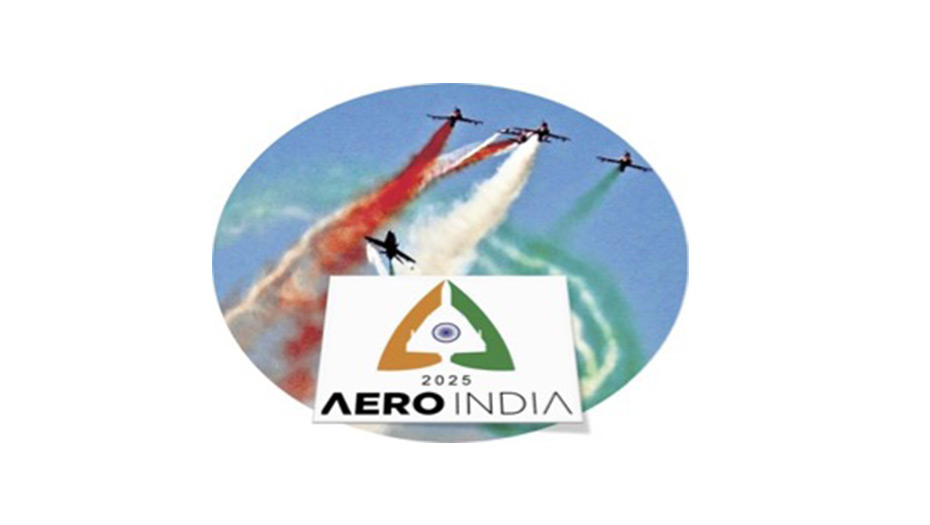

POST COMMENTS (1)
Kalidan Singh